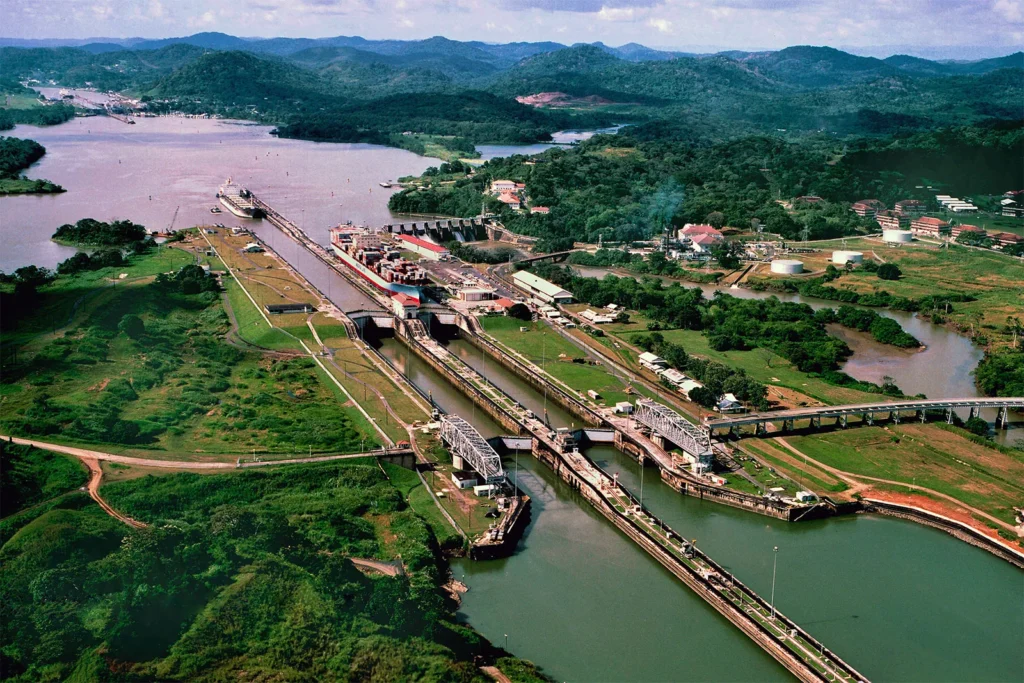The Panama Canal has recently been shot into the limelight of the world stage as US President Donald Trump said “China is running the Panama Canal…that was given to Panama… but they violated the agreement, and we’re going to take it back.”

The agreement he was referring to was a 1977 treaty which returned the canal to Panama from the US under the condition that it would remain neutral. The 1977 treaty ended the Panama Canal Zone, in which the US was given extensive control. The zone had fostered growing anger in Panama during the time as they saw it as a violation of their sovereignty. This treaty was, at the time, seen as an important step forward for relations between the US and Panama and, on a larger scale, with the US and the rest of the developing countries. To assure the US of its ability to always use the canal, another treaty was signed in 1977, The Treaty Concerning the Permanent Neutrality and Operation of the Panama Canal. This treaty allowed the US to protect the Panama Canal from any external threat to its neutrality.
This leads us to our current situation. China, specifically the Panama Ports Company, which is part of a Hong-Kong based company known as CK Hutchison Holdings, was seen as having too much influence over the canal. Hutchison Holdings is a large company with numerous other ports all around the world. Rising tensions were slightly abated after US Secretary of State Marco Rubio met with the Panama President Raúl Mulino. President Mulino said that he addressed concerns over Chinese influence and has stepped back from renewing a Belt and Road initiative with the country. Mulino also stated that he thinks “this visit opens the door to build new relations … and try to increase as much as possible US investments in Panama.”
However, another setback took place recently as the US State Department claimed that the US would no longer need to pay fees in the canal as part of the agreement. Rubio has stated that it was unreasonable for the US to have to pay to use the canal because it was obligated to protect it during times of conflict. However, Mulino quickly responded that the US did have to pay fees.
In conclusion, the Panama Canal and its importance in trade and influence between numerous countries has become a vital aspect of foreign policy. Treaties and other non-verbal agreements between the countries have added to the confusion as competing governments try to maintain their power.

